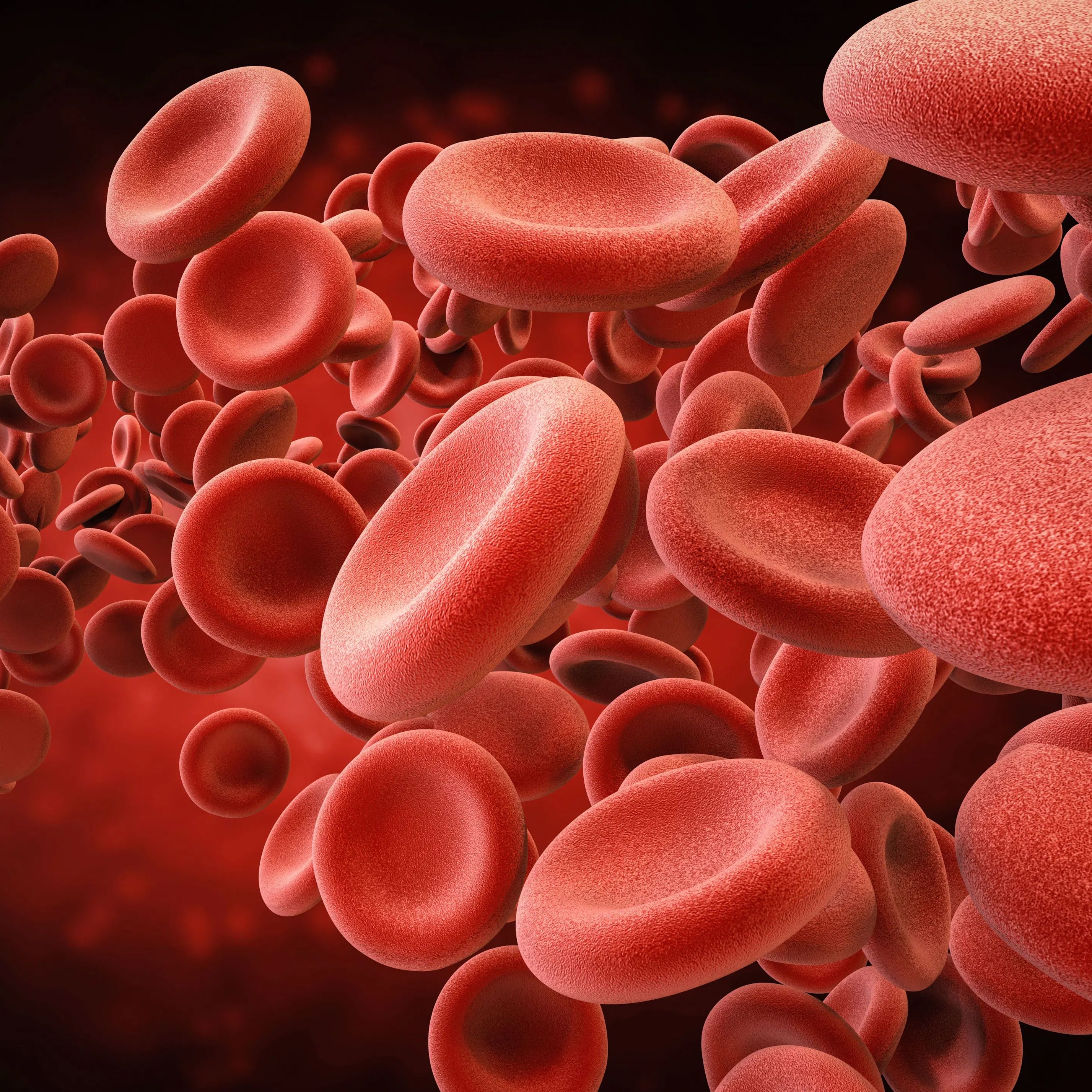Article
Tolvaptan Therapy Produces Good Outcomes in Patients with Heart Failure and Hyponatremia
Results from a small retrospective study indicate that treatment with tolvaptan increases sodium concentrations and excretion rhythm without significantly affecting kidney function in patients with refractory hyponatremia and dcompensated heart failure.

In “Efficacy of Tolvaptan in Patients Hospitalized for Heart Failure with Refractory Hyponatremia: Clinical Experience in Daily Practice,” published in Revista Espanola de Cardiologia, researchers reported the results of a retrospective study of 30 patients admitted to the hospital with persistent symptoms of heart failure (HF) and hyponatremia (serum sodium of < 135 mEq/L) that was refractory to treatment (fluid intake restriction and/or hypertonic saline) who were treated with tolvaptan.
Patients’ sodium and potassium levels, creatinine concentration, glomerular filtration rate, weight, and excretion rhythm were measured at 24 hours and 48 hours following treatment with tolvaptan. Ninety percent of patients received an initial daily tolvaptan dose of 15 mg; the other 10% were started at 30 mg/day. Mean serum sodium level for the cohort was 129 mEq/L (±3 mEq/L) at baseline.
The authors reported that mean sodium level had increased to 134 mEq/L (±3 mEq/L) 24 hours after tolvaptan treatment and 135 mEq/L (±3 mEq/L) at 48 hours post-treatment, although “No significant changes were observed in potassium concentrations after the drug was administered.”
Patients with moderate-to-severe hyponatremia (sodium level <130 mEq/L) showed “a larger post-treatment increase in natremia and excretion rhythm than those who presented mild hyponatremia.” These results were “similar in patients with ventricular dysfunction or HF with preserved systolic function.”
Patients experienced “significantly increased” diuresis 24 hours after treatment, from a mean of 80 mL/hour (±45 mL/hour) to 138 mL/hour (±60 mL/hour). This effect was maintained at 48 hours (136 mL/hour [±64 mL/hour]). This was accompanied by a significant decrease in patient weight by 48 hours post-treatment.
Tolvaptan treatment was not accompanied by significant changes in creatinine concentration or glomerular filtration rate (as measured by the Modification of Diet in Renal Disease equation).
Investigators observed “a significant relationship between natremia and in-hospital mortality” in patients with heart failure, along with “an increase in readmissions and long-term morbidity and mortality.”
Based on these results, the authors concluded that “tolvaptan administration in unselected patients with decompensated HF and symptomatic refractory hyponatremia significantly increases sodium concentrations and excretion rhythm without significantly affecting kidney function.”





